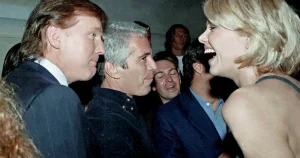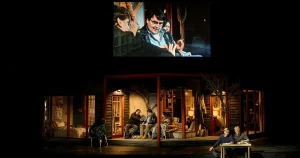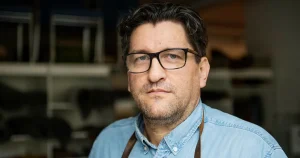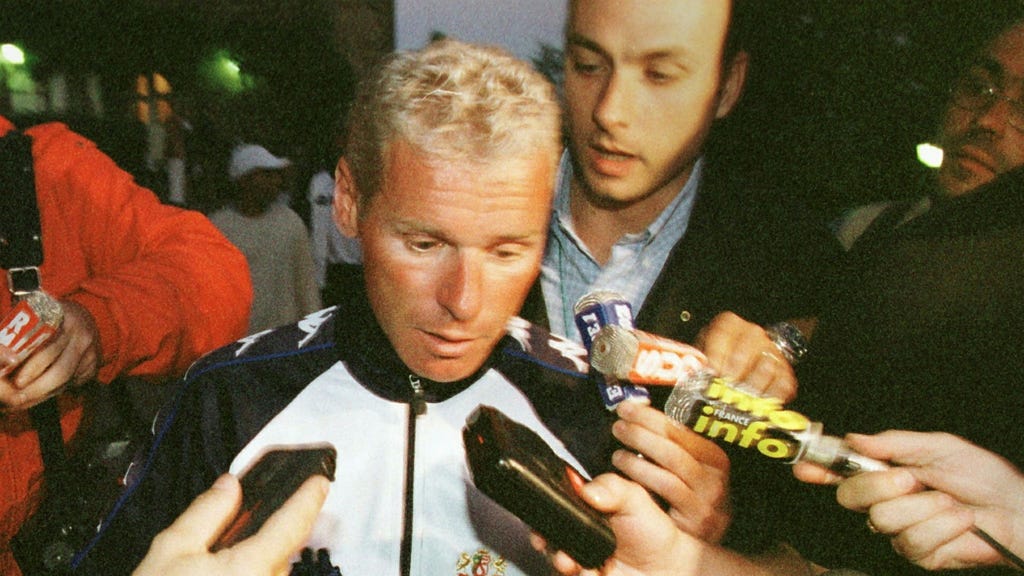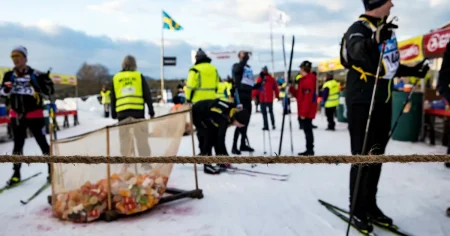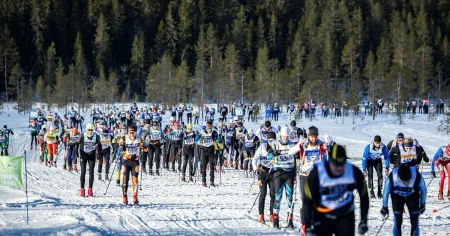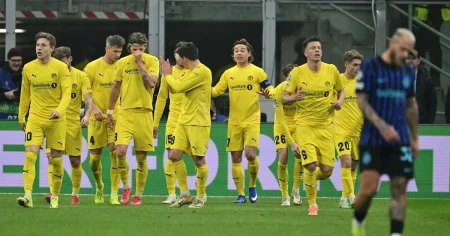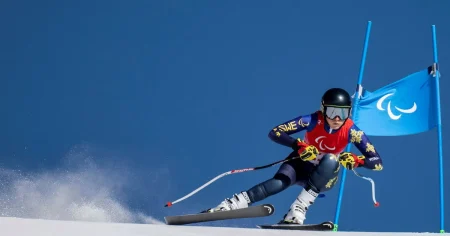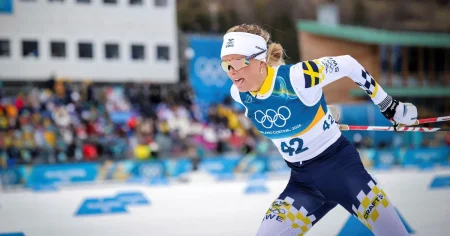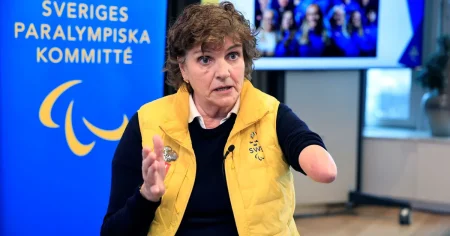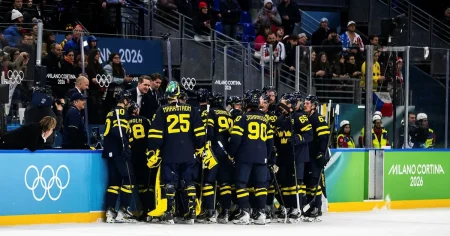Pascal Hervé, a French cyclist whose career was indelibly marked by the doping scandals that rocked the cycling world in the late 1990s, has passed away at the age of 60. Hervé’s story, while tragically cut short, serves as a microcosm of the pervasive doping culture that plagued professional cycling during that era, a period marred by the widespread use of performance-enhancing drugs like erythropoietin (EPO). His involvement in these scandals, while not minimizing his personal culpability, also highlights the systemic pressures and ethical dilemmas faced by many riders caught in a web of deceit and ambition. Understanding Hervé’s life and career requires a deeper exploration of the context in which he competed, the allure and consequences of doping, and the lasting impact of these controversies on the sport.
The late 1990s witnessed a surge in cycling’s popularity, fueled by dramatic races and charismatic riders. However, beneath the surface of thrilling sprints and grueling mountain climbs, a darker reality was festering: the pervasive use of EPO and other performance-enhancing substances. EPO, a hormone that stimulates red blood cell production, offered a significant advantage by increasing oxygen-carrying capacity, crucial for endurance sports like cycling. This led to an arms race of sorts, where riders felt compelled to dope to keep up with the competition, fearing they would be left behind if they remained clean. This environment of intense pressure and moral ambiguity created fertile ground for widespread doping, entrapping many riders, including Hervé, in a system they felt powerless to resist.
Hervé’s career, while marked by the doping scandal, also showcased moments of genuine talent and athleticism. He competed professionally for several teams, participating in prestigious races like the Tour de France and achieving respectable results. However, his achievements were ultimately overshadowed by his admission of EPO use during the 1998 Tour de France, a confession that came amidst a wave of doping revelations that exposed the widespread use of performance-enhancing drugs within the peloton. The Festina Affair, a major doping scandal involving the Festina team, served as a catalyst, uncovering a sophisticated doping network and prompting widespread investigations and arrests. Hervé’s confession, while a moment of personal reckoning, also contributed to the growing realization of the depth and breadth of the doping problem within cycling.
The fallout from the doping scandals of the late 1990s was profound and far-reaching, impacting not only individual riders like Hervé but also the sport as a whole. The revelations of widespread doping eroded public trust in cycling, damaging its reputation and raising questions about the legitimacy of sporting achievements. The sport faced intense scrutiny from the media, sponsors, and governing bodies, leading to increased testing, stricter regulations, and a concerted effort to clean up the sport. While these efforts have undoubtedly made progress in combating doping, the shadow of the past continues to linger, reminding us of the ethical dilemmas and systemic failures that allowed such widespread doping to occur.
Hervé’s story, though inextricably linked to the doping scandals, should not be solely defined by them. He was a professional athlete who, like many others, was caught in a complex web of pressures and temptations. His admission of guilt, while not excusing his actions, suggests a degree of remorse and a willingness to confront the consequences of his choices. His later years were marked by efforts to distance himself from the scandal and rebuild his life. While his legacy will forever be intertwined with the dark chapter of doping in cycling, it’s important to acknowledge the human element of his story and the difficult choices he faced.
The passing of Pascal Hervé serves as a reminder of the enduring impact of the doping scandals that shook cycling to its core. His story underscores the importance of continued vigilance in the fight against doping and the need for a culture of integrity and transparency within the sport. It also highlights the human cost of doping, the damage it inflicts on individuals, the sport, and the trust of fans. While Hervé’s career was tragically marred by controversy, his story serves as a cautionary tale and a reminder of the ongoing need for ethical conduct and responsible decision-making in all areas of sport. It is a story that compels us to reflect on the complex interplay of ambition, pressure, and morality within the world of professional cycling, and the enduring quest for a cleaner, more ethical future for the sport.


